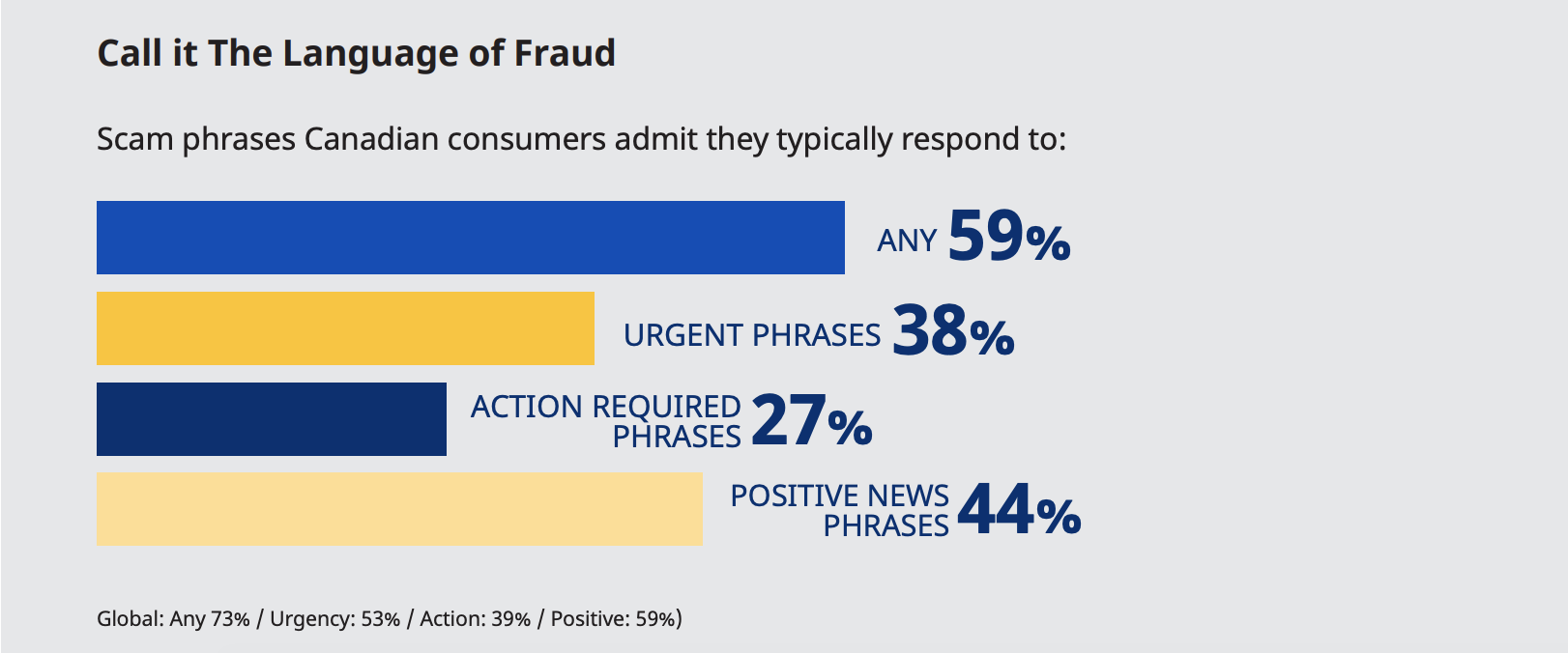Last week, MobileSyrup reported on a Telus CRTC filing requesting permission to add a credit card processing fee to customer bills. Understandably, people were upset, and the CRTC file has received tons of comments from Canadians upset about the prospect of once again paying more for their monthly cell phone bill.
However, Telus’ proposed credit card processing fee hinges on the result of a lawsuit against credit card companies over these same fees. The thing is, the result of this lawsuit may affect much more than your Telus bill — here’s what’s happening and what to watch out for to avoid paying extra credit card fees this fall.
The lawsuit
In its filing to the CRTC, Telus cited a 2018 lawsuit against credit card companies as the reason for it wanting to add credit card processing fees. However, the filing itself was somewhat vague about the details.
I ended up doing more digging than expected to try and learn about this lawsuit. Overall, I’ve found a few different articles that seem to reference it, although some of the dates and information differs from article to article. For example, this CBC News story seems to match up to everything Telus said in its filing but notes the lawsuit was launched in 2011, not 2018. Below I’ve linked a few articles that seem to concern this lawsuit, or similar lawsuits:
The more important information, however, is the result of the settlement. Credit card companies like Visa and Mastercard charge what are called interchange fees to businesses. These fees can range anywhere from one to three percent, depending on the card and its associated rewards (cash back, loyalty points, etc.). Interchange fees can, understandably, get quite expensive for businesses — especially with the increase in online purchases during the pandemic. Plus, with the increased prevalence of credit cards, there were more fees, and more fees meant higher costs for businesses.
As a result, the settlement did two things: first, it enabled businesses to claim a rebate for some of the fees paid between 2001 and 2021, and second, it gave businesses the ability to pass on credit card fees to customers. As an aside, some coverage noted credit card companies had rules preventing businesses from doing this before and that the lawsuit prevents these types of rules, but that wasn’t reflected in the CBC News coverage.
Anyway, the main takeaway here is that businesses that accept credit cards can also add a surcharge to cover the cost of related fees for accepting said credit card.
The new rules start in October
Starting in October (October 6th, according to Telus’ CRTC filing), these new surcharge rules come into place. However, it remains unclear which businesses plan to do this.
CBC News paints the fees as something of a trap for small- and medium-sized businesses, who might need the surcharge most but could stand to lose more business by charging the fees (put another way, if two stores sell the same product for the same price, but one has a credit card surcharge, which store are you going to buy from?).
The publication also suggests that small- and medium-sized businesses pay higher fees than large businesses, likely because big businesses have much more negotiating power with credit card companies and banks. Moreover, the federal government has reportedly pledged to lower credit card fees for small businesses but hasn’t actually done this yet.
What to watch for in October
Come October, Canadians will want to keep a close eye on their spending if they want to avoid paying additional credit card fees. The easiest solution? Switch to debit or cash to avoid extra fees.
Unfortunately, that’s not a great solution for everyone, especially when it comes to purchases that may be at higher risk of fraud. Debit cards often have less fraud protection than credit cards, which is particularly troublesome since debit cards are also tied to bank accounts. Look no further than MobileSyrup’s own Patrick O’Rourke, who had a difficult time recouping the over $2,000 defrauded from him after his debit card information was stolen from the McDonald’s app.
If you have (or want) to keep using your credit card, you may have to watch for processing fees. In most cases, hopefully, those will be disclosed before payment. An example of this is, coincidentally, Telus. Despite the obvious issues with Telus passing on credit card fees to customers, the carrier promised to warn customers about the change in the filing — and arguably, the wide coverage of the filing further spread the news.
With that in mind, keep an eye out for emails from companies you use a credit card with, as this will likely be the main way any business warns users of fees. Moreover, always check your bills for notices about new fees (especially phone and internet bills!) since sometimes companies will add that information to a bill warning about a change in the next bill.
Image credit: Shutterstock



